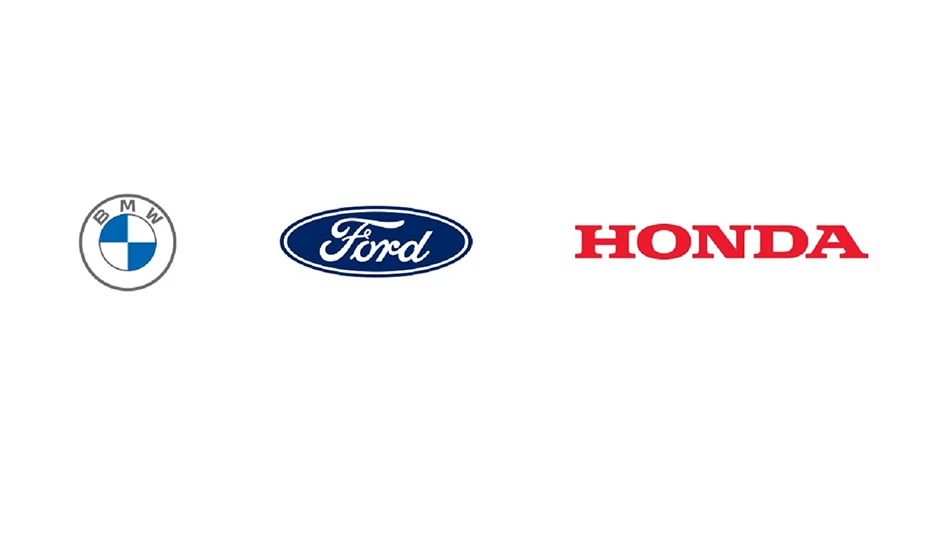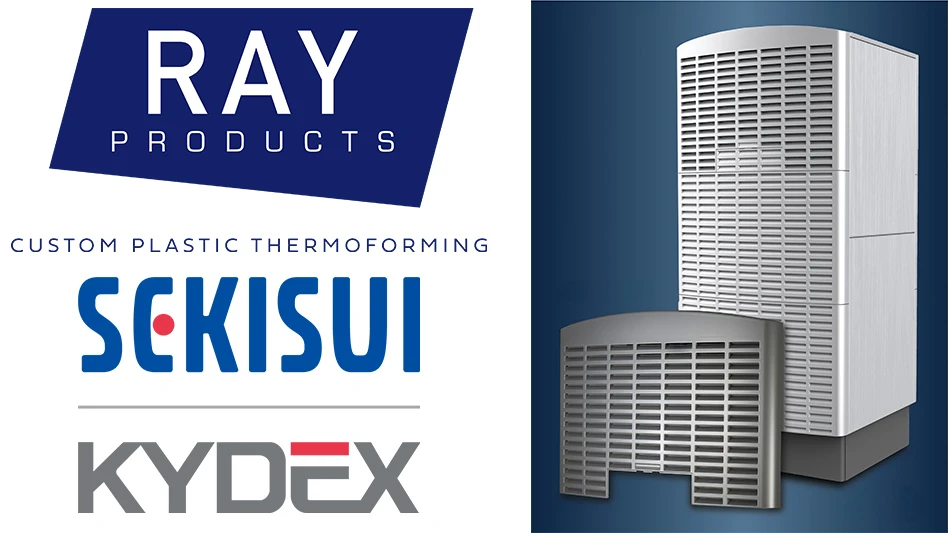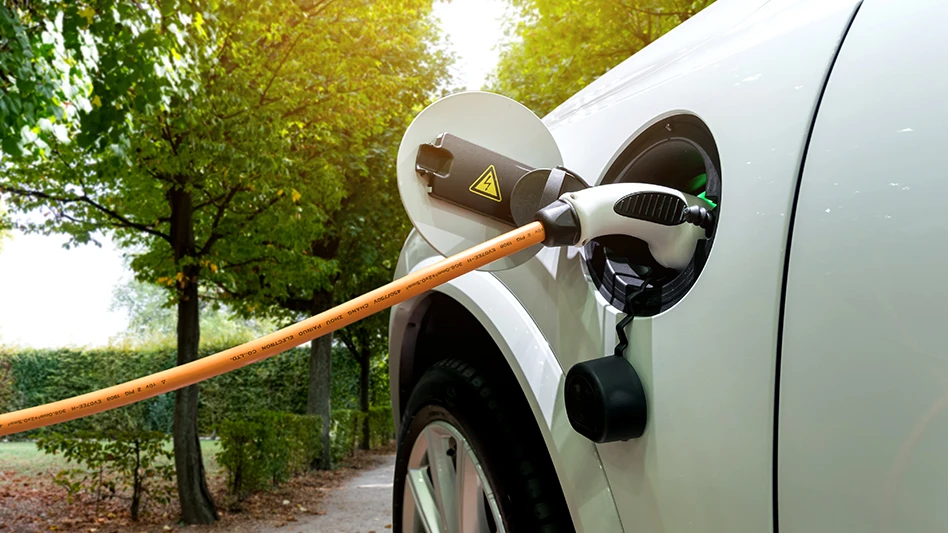
BMW Group
BMW Group, Ford Motor Company, and American Honda Motor Co., Inc. entered an agreement to create ChargeScape, LLC, a new equally-owned company that will create a single, cost-effective platform connecting electric utilities, automakers and interested electric vehicle customers. Benefiting both EV customers and the electric utility industry in the U.S. and Canada, ChargeScape will unlock entirely new value that EVs can provide to the electric grid, while enabling EV customers to earn financial benefits through a variety of managed charging and energy-sharing services never before possible with traditional gasoline-powered vehicles. The closing of the transaction and subsequent formation of ChargeScape is pending regulatory approvals, with the company expected to be operational early next year.
Building on years of OVGIP cross-industry collaboration, ChargeScape’s single platform will eliminate the need for individual integrations between each automotive brand and each electric utility. ChargeScape’s platform will give electric utilities access to EV battery energy across a wide pool of EVs. Participating EV customers will have the potential to earn financial benefits by charging at “grid-friendly” times through flexible and managed schedules. Electric vehicle customers will also eventually have the opportunity for even more significant impact by sharing the energy stored in their EV batteries with the grid during times of peak demand through vehicle-to-grid (V2G) applications.
ChargeScape will enable the smart use of plugged-in EV batteries by securely providing energy data to electric utilities and system operators like aggregated demand response, alignment of charging and EV battery utilization with off-peak, low-cost hours and the availability of high renewable energy. Due to the efficient integration with participating automakers and the anticipation of high levels of EV customer enrollment, these energy services are expected to be a cost-efficient, operational benefit for electric utilities.
Transformational opportunity for EV customers and electric utilities
The development of this project comes at a time when electric vehicle sales and infrastructure growth are ramping up quickly, bringing new opportunities to address challenges for the electric grid. More EVs on the road means increased electricity demand on utilities to charge them. ChargeScape aims to provide energy management services to help support grid resiliency while looking ahead to the future of V2G capabilities that will benefit both EV customers and electric utilities.
Additionally, ChargeScape will play a role in helping to decarbonize the grid. The company’s efforts will reduce EV customers’ personal carbon footprints by utilizing electricity that comes from more readily available renewable energy sources, such as wind or solar. While seamless integration between EV customers and utilities will be key to energy management success, participating EV customers will always remain in control of their charging and energy decisions.
“Electric grid reliability and sustainability are the foundation for an EV powered future,” says Thomas Ruemenapp, Vice President, Engineering, BMW of North America, LLC. “ChargeScape aims to accelerate the expansion of smart charging and vehicle-to-everything solutions all over the country, while increasing customer benefits, supporting the stability of the grid, and helping to maximize renewable energy usage. We’re proud to be a founding member of ChargeScape and are looking forward to the opportunities this collaboration will create.”
“Electric vehicles are unlocking entirely new benefits for customers that can save them money while supporting grid resiliency and increase the use of clean, renewable energy,” says Bill Crider, global head of charging and energy services, Ford Motor Company. “ChargeScape will help accelerate the true potential of the EV revolution by providing significant benefits to both utilities and EV customers through smart vehicle-to-grid services.”
“As Honda seeks to achieve our global goal of carbon neutrality, we are counting on this platform to create new value for our customers by connecting EVs to electric utilities, strengthening grid resources and reducing CO2 emissions,” says Jay Joseph, vice president of Sustainability & Business Development, American Honda Motor Co., Inc. “With automakers accelerating toward the electrified future, we must find solutions like ChargeScape that enable all stakeholders to work together for the good of our customers, society and our industry by enabling greater use of renewable energy for and from mobility.”
Benefits of working together
ChargeScape, along with the work done to date through OVGIP, will bring managed charging benefits to more EV customers and can eliminate marketing and outreach costs for utilities trying to reach their individual customer bases. BMW Group, Ford Motor Company and American Honda have direct, multi-channel communication with their EV customers, solving a central problem for utilities that typically do not know or have an easy and cost-effective way to identify the EV customers in their service territory.
Additionally, by leveraging automaker telematics, ChargeScape intends to provide managed charge scheduling through vehicle connectivity without requiring Wi-Fi-enabled charging stations. This will support the many EV customers who do not use “smart” chargers at home, as their EVs would otherwise be unreachable for grid services.
The three founding members welcome other automakers to join in and fully unlock opportunities provided by ChargeScape’s grid service offerings once the company is fully operational.
Latest from EV Design & Manufacturing
- Nuvve selects Tellus as hardware supplier for electric vehicle charging portfolio
- Thermwood to demonstrate large-scale additive manufacturing technology at JEC World 2025
- Automation For All | Okuma CNC Automation Solutions
- A compact machine for big EV ideas
- EV demand is growing fast
- U.S.-based battery-grade lithium refinery breaks ground
- SPX FLOW, Siemens collaborate on digital twin technology
- Keeping up with consumer demand starts on the EV factory floor





